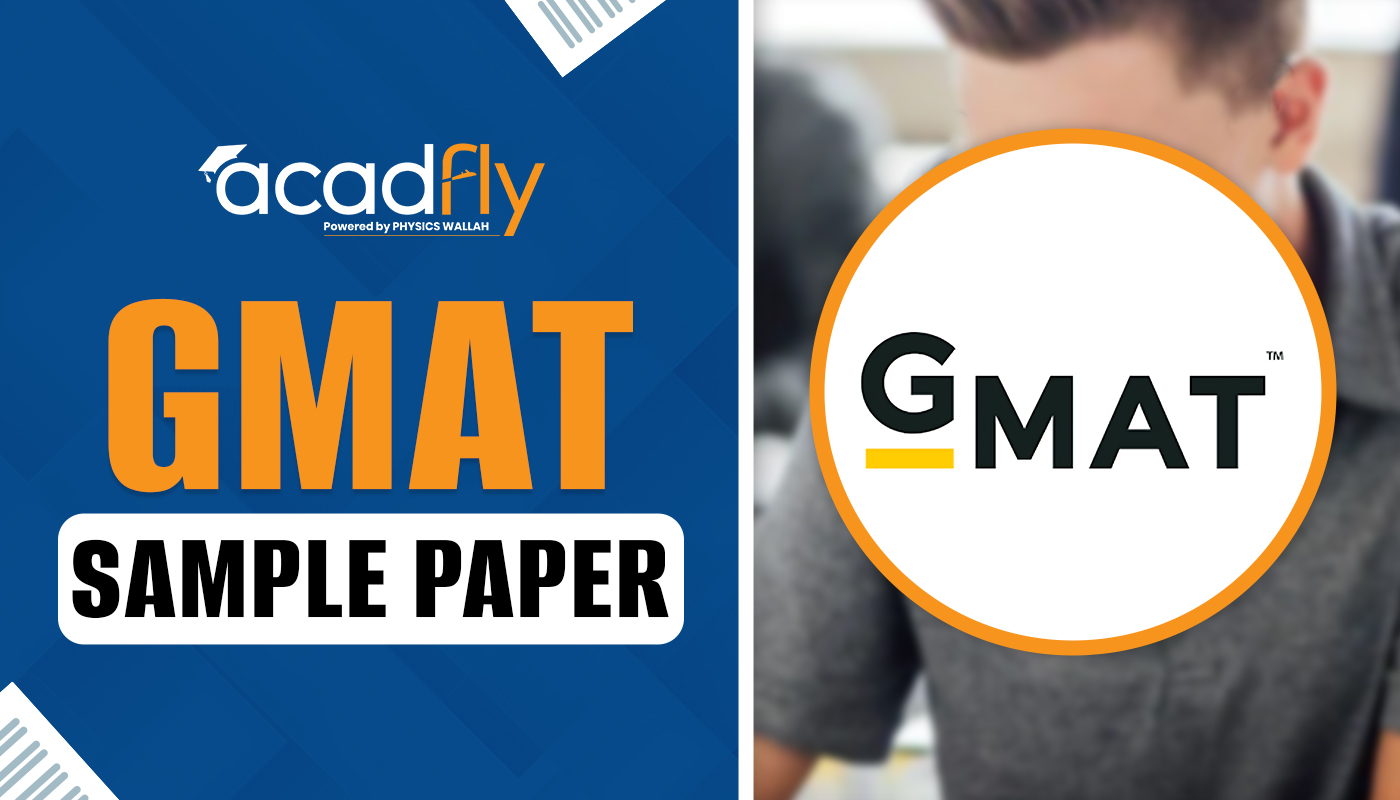
Ireland has emerged as a leading destination for students pursuing engineering degrees, thanks to its top-notch universities, vibrant culture, and strong ties to the tech industry. If you are considering an engineering degree in Ireland, understanding the requirements is crucial. This article will provide comprehensive insights into the engineering degree requirements in Ireland, including eligibility for master's programs, language proficiency tests, scholarship opportunities, standardized test requirements, and an overview of the best engineering universities in the country.
Understanding Engineering Degree Requirements in Ireland
Studying engineering in Ireland can be a life-changing experience. The country offers a range of engineering programs across various specializations, including civil, mechanical, electrical, and software engineering. However, before embarking on this journey, it is essential to familiarize yourself with the requirements for admission into these programs.
General Admission Requirements for Undergraduate Engineering Programs
To gain admission to an undergraduate engineering program in Ireland, prospective students typically need to fulfill the following criteria:
Academic Qualifications: Most universities require a secondary school education equivalent to the Irish Leaving Certificate. This usually includes subjects like mathematics and physics, which are fundamental for engineering studies.
English Language Proficiency: For non-native English speakers, demonstrating proficiency in English is crucial. This is where the IELTS for engineering in Ireland comes into play, as many universities require a minimum IELTS score of 6.0 to 6.5, depending on the institution.
Application Process: Applications are generally made through the Central Applications Office (CAO) system, which processes applications for undergraduate courses across the country.
Additional Tests: Some universities may require additional entrance exams or interviews as part of the selection process.
Eligibility for Engineering Masters Ireland
For students interested in pursuing a master’s degree in engineering in Ireland, the eligibility criteria can differ significantly from undergraduate requirements. Here’s a detailed look at what is needed:
Academic Qualifications
Most universities require a relevant undergraduate degree, typically in engineering or a closely related field. This degree should be recognized by the Irish National Framework of Qualifications (NFQ).
Work Experience
While not always mandatory, some programs may prefer candidates with relevant work experience in engineering or related industries. This experience can enhance your application and provide valuable insights during your studies.
Language Proficiency
Similar to undergraduate programs, students must demonstrate proficiency in English. An IELTS score of 6.5 or above is often required. This score ensures that students can engage effectively with course materials and contribute to discussions.
GRE for Engineering in Ireland
While the GRE (Graduate Record Examination) is not universally required for all engineering master’s programs in Ireland, some universities may request it, particularly for specialized or competitive programs. Here’s what you need to know:
University Policies: Check the specific requirements of the university you are applying to. Some may have GRE requirements, while others do not.
Score Expectations: If the GRE is required, aim for competitive scores, generally around the 150-160 range for quantitative reasoning, which is crucial for engineering disciplines.
Preparation: Proper preparation for the GRE is essential. Consider enrolling in prep courses or using online resources to enhance your performance.
Application Strategy: A strong GRE score can complement your application, showcasing your readiness for graduate-level coursework.
|
Aspect |
Details |
|
GRE Requirement |
Varies by university; some engineering programs may require the GRE, while others do not. |
|
Score Expectations |
Competitive scores typically range from 150-160 in the quantitative section for engineering applicants. |
|
Preparation Resources |
Consider GRE prep courses, study guides, and online practice tests to improve your score. |
|
Impact on Applications |
A strong GRE score can enhance your application, demonstrating your quantitative and analytical skills. |
This format provides a clear overview of the GRE's relevance to engineering programs in Ireland, along with key considerations in tabular form.
Engineering Scholarships Ireland
Financing your education is a significant consideration for many students. Fortunately, there are several scholarship opportunities available for international students studying engineering in Ireland:
Types of Scholarships
University Scholarships: Many universities offer scholarships specifically for engineering students. These can range from partial to full tuition coverage. Check the official websites of your target universities for specific scholarship opportunities.
Government Scholarships: The Irish government and various educational bodies provide scholarships for international students. The engineering scholarships in Ireland can help alleviate financial burdens and make studying more accessible.
Private Scholarships: Numerous private organizations and foundations also offer scholarships for engineering students. These often have specific eligibility criteria, so research thoroughly to find opportunities that suit your profile.
Application Process
Applying for scholarships typically involves submitting an application form, academic transcripts, letters of recommendation, and sometimes a personal statement. Ensure you meet the deadlines and follow the guidelines carefully.
Best Engineering Universities Ireland
Ireland is home to several prestigious universities that offer excellent engineering programs. Here are some of the best engineering universities in Ireland:
University College Dublin (UCD)
UCD is one of Ireland's largest and most prestigious universities. It offers a wide range of engineering programs, including civil, mechanical, and electrical engineering. UCD is known for its research facilities and strong industry connections, making it an excellent choice for aspiring engineers.
Trinity College Dublin (TCD)
Trinity College is renowned for its engineering programs, particularly in computer and software engineering. The university has a rich history and provides students with a vibrant campus life and a rigorous academic environment.
University of Galway
The University of Galway offers diverse engineering disciplines and is recognized for its research and innovation. The university emphasizes hands-on learning and collaboration with industries, providing students with practical experiences.
Dublin Institute of Technology (DIT)
DIT focuses on providing practical engineering education and is known for its industry partnerships. The university offers various engineering programs and emphasizes skill development through real-world projects.
Preparing for Your Engineering Studies in Ireland
Once you have met the requirements and secured your place in an engineering program, it’s time to prepare for your studies:
Familiarize Yourself with the Curriculum
Understanding the course structure and key modules will help you manage your time effectively and set clear academic goals. Each university has different modules, so make sure to review the syllabus and prerequisites.
Enhance Your Technical Skills
Before starting your program, consider brushing up on essential skills such as programming languages, software tools, and mathematical concepts relevant to your engineering discipline.
Networking and Industry Connections
Building connections with professors, fellow students, and industry professionals can provide valuable opportunities for internships and job placements after graduation. Attend university events, workshops, and industry fairs to expand your network.
Life as an Engineering Student in Ireland
Studying engineering in Ireland offers a unique experience. Here’s what you can expect during your time at university:
Academic Environment
Engineering programs are often rigorous, requiring dedication and hard work. Expect a combination of lectures, lab sessions, and project work, which will enhance your practical skills.
Student Life
Ireland is known for its vibrant student life, with numerous social and cultural activities. Engage with local communities, explore the beautiful landscapes, and make the most of your time outside the classroom.
Career Opportunities
Ireland has a booming engineering sector, with many multinational companies establishing their headquarters in the country. Graduating from an Irish engineering program can open doors to numerous career opportunities in various industries.
Summary of Requirements for Engineering Studies in Ireland
To provide a clear overview of the essential requirements for studying engineering in Ireland, the table below summarizes the key components for both undergraduate and master's programs.
|
Requirement |
Undergraduate Engineering Programs |
Master's Engineering Programs |
|
Academic Qualifications |
Secondary education (Leaving Certificate) |
Relevant undergraduate degree |
|
Language Proficiency |
IELTS score of 6.0 - 6.5 |
IELTS score of 6.5 or above |
|
GRE Requirement |
Not commonly required |
May be required for some programs |
|
Work Experience |
Not required |
Preferred but not mandatory |
|
Scholarship Opportunities |
Various university and government scholarships are available |
Similar opportunities available |
Frequently Asked Questions
1.What are the main requirements to study engineering in Ireland?
2.Do I need to take the GRE for engineering programs in Ireland?
3.What scholarships are available for engineering students in Ireland?
4.What is the average IELTS score required for engineering in Ireland?
5.Which universities in Ireland are best for engineering studies?










